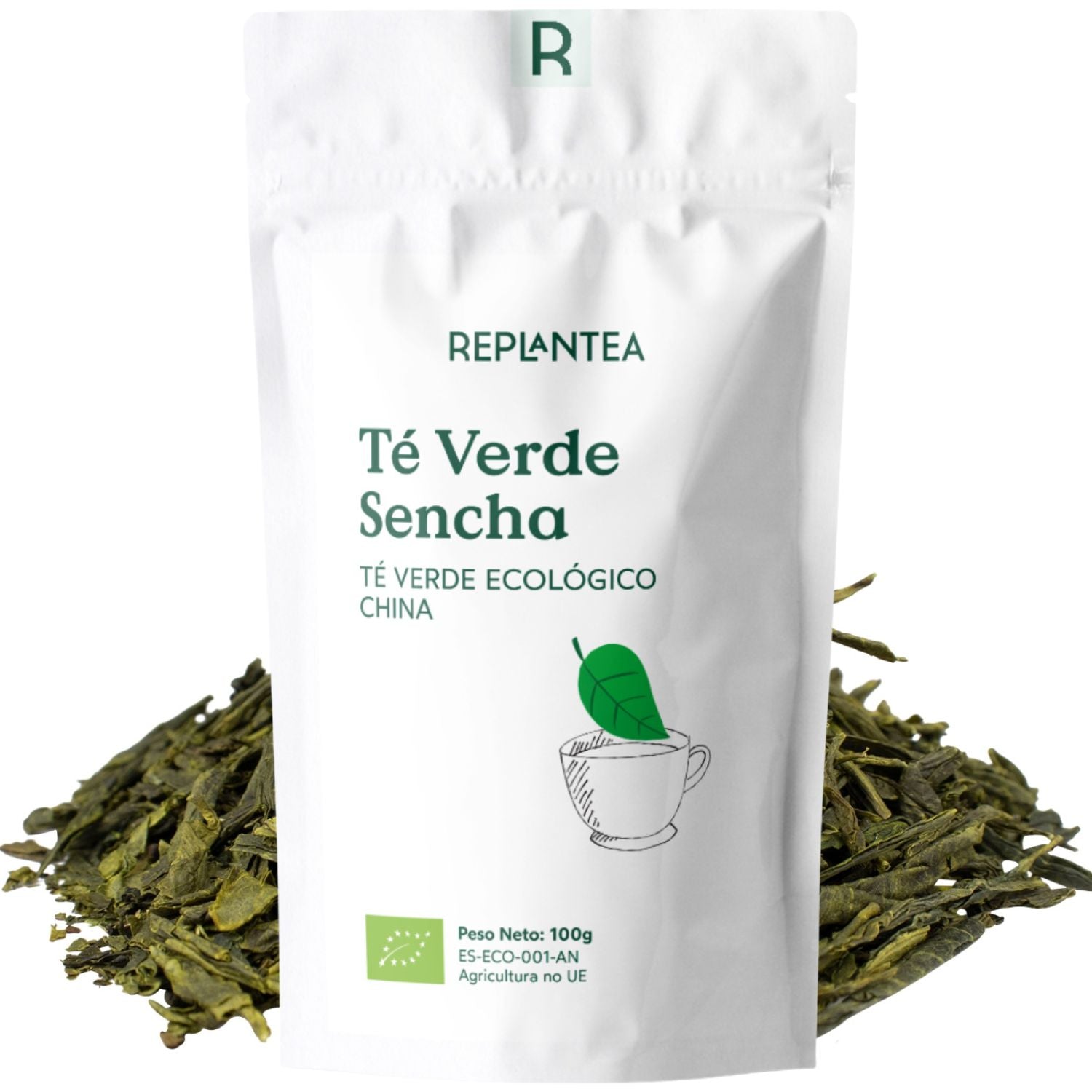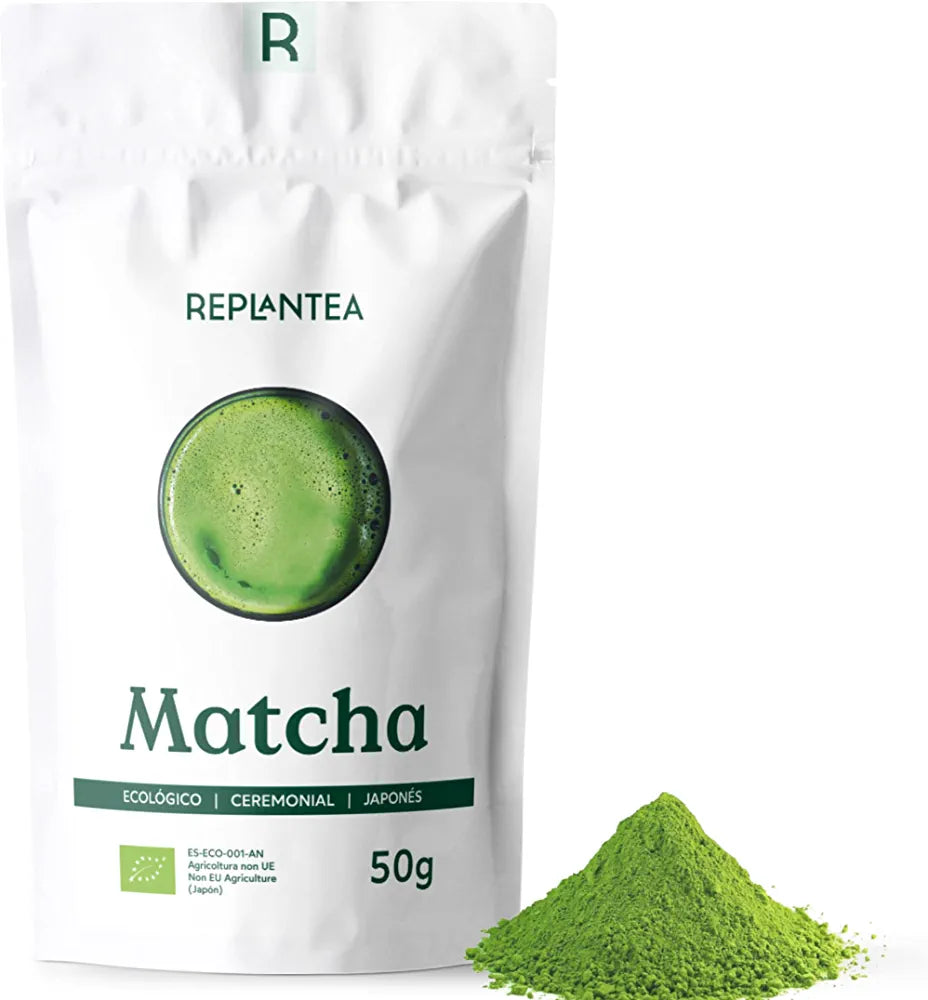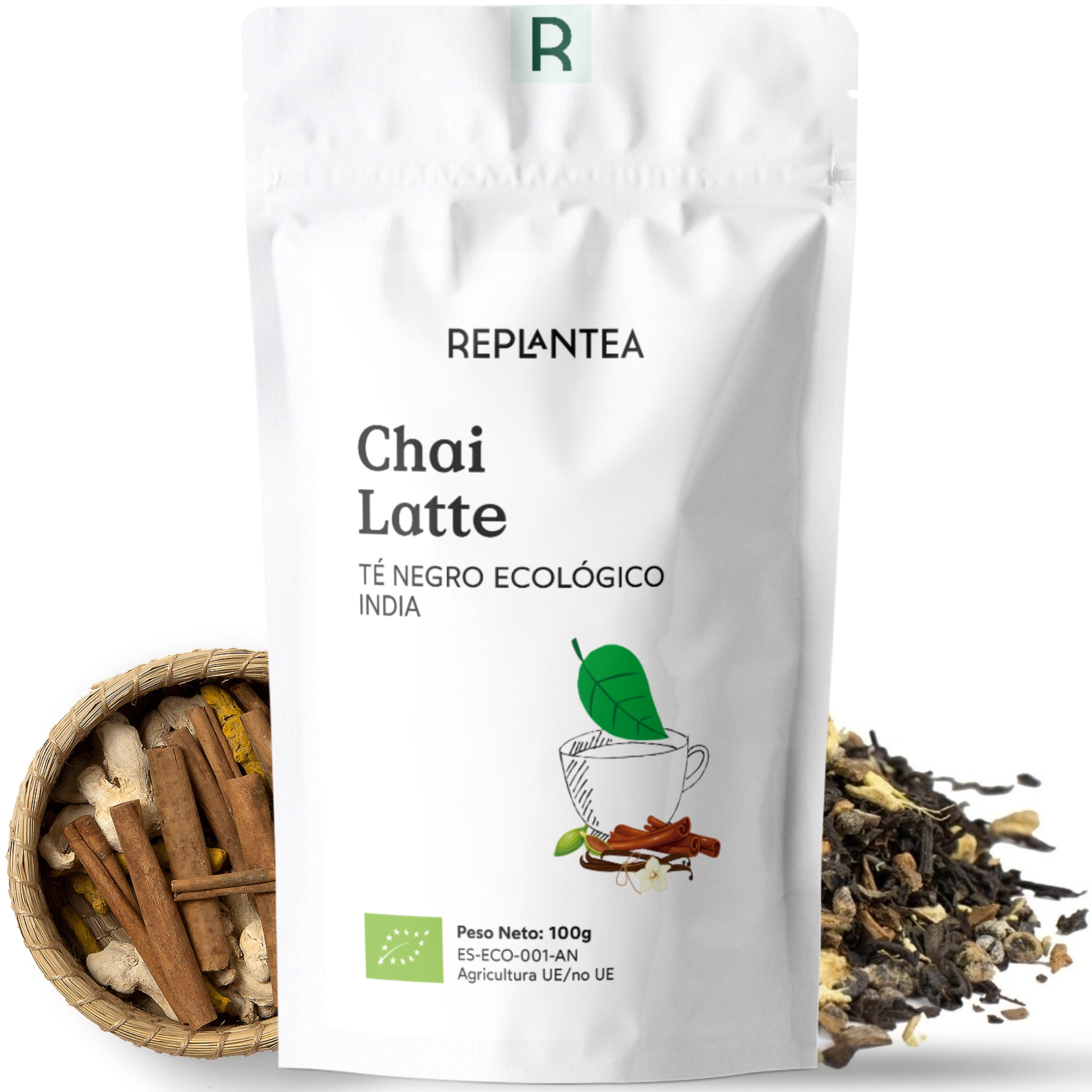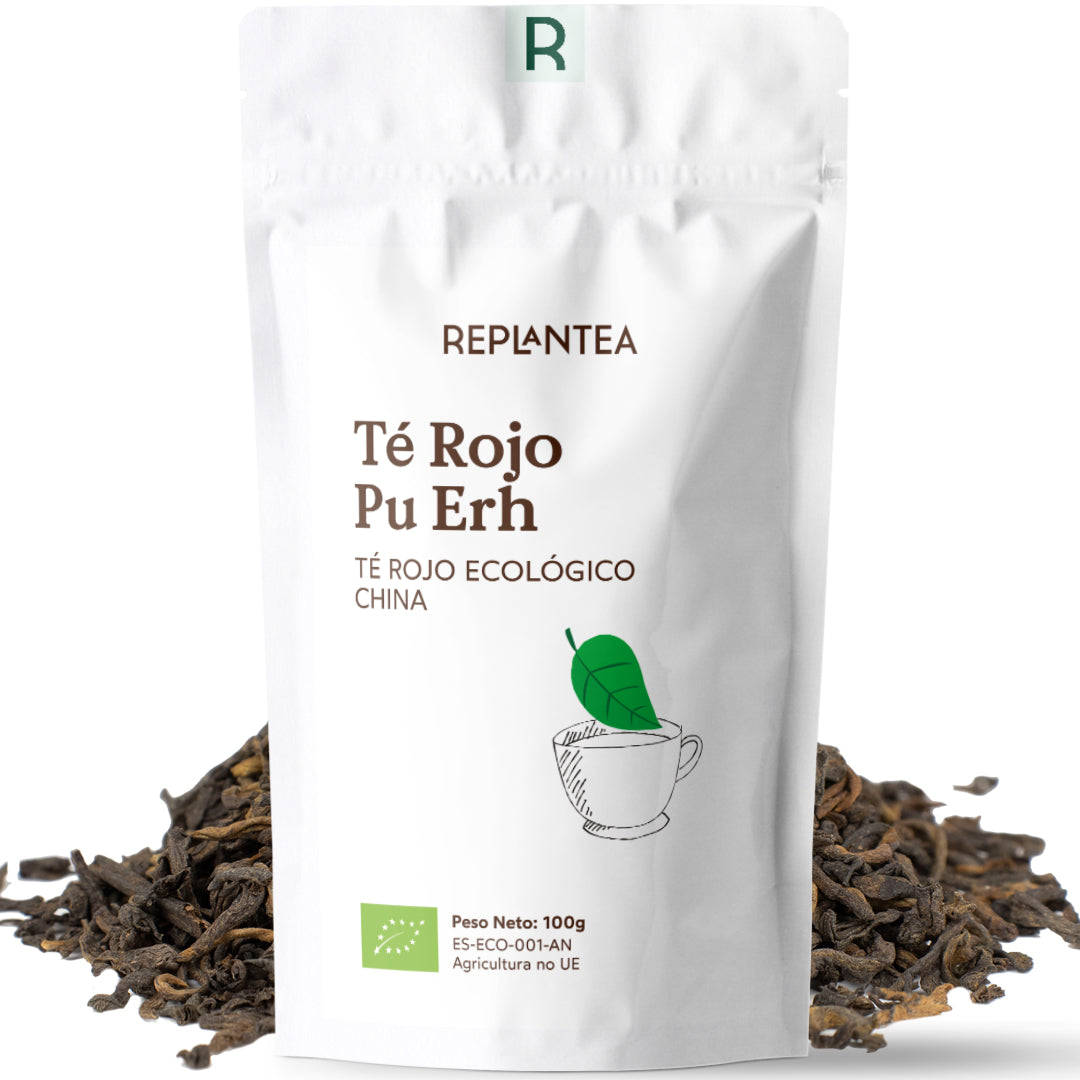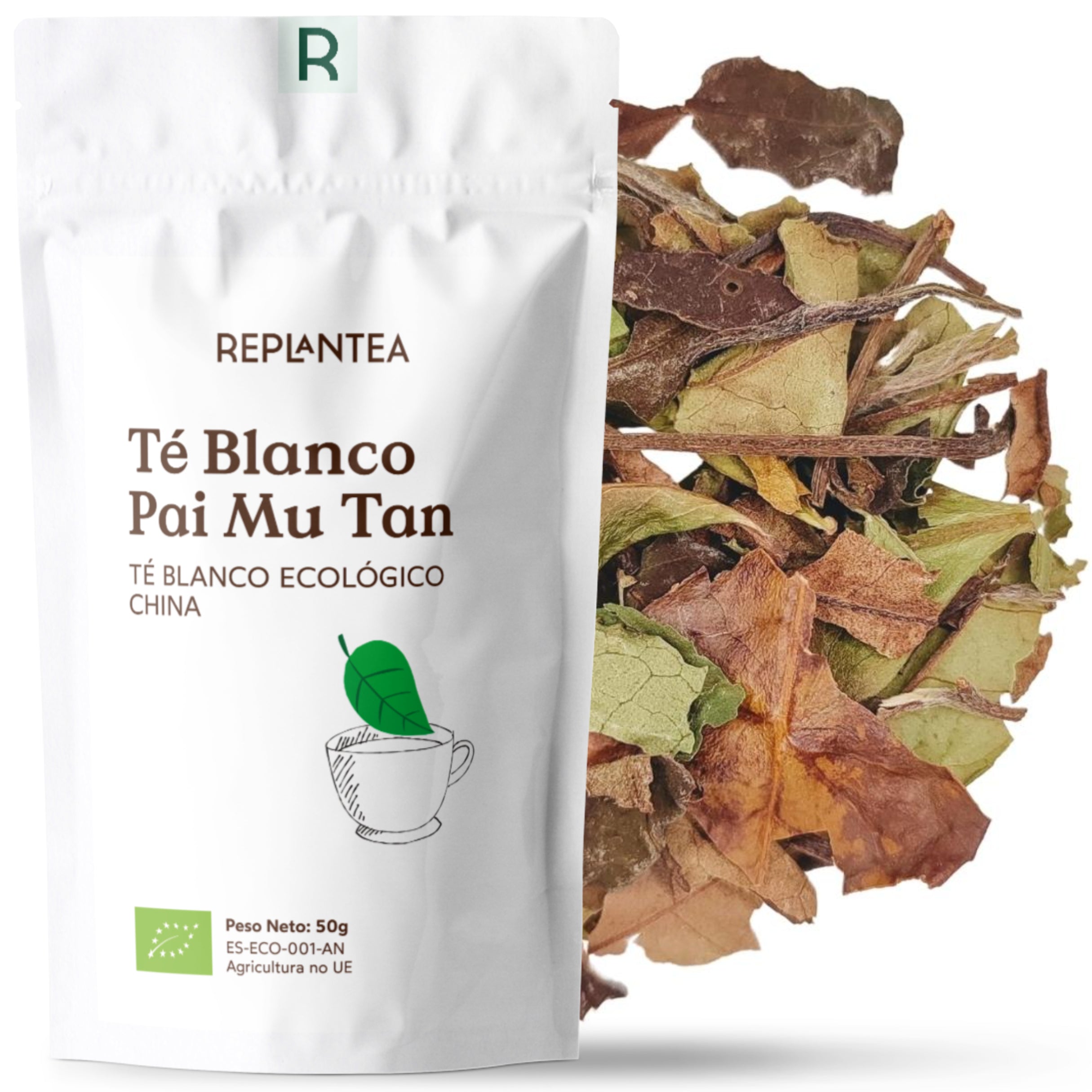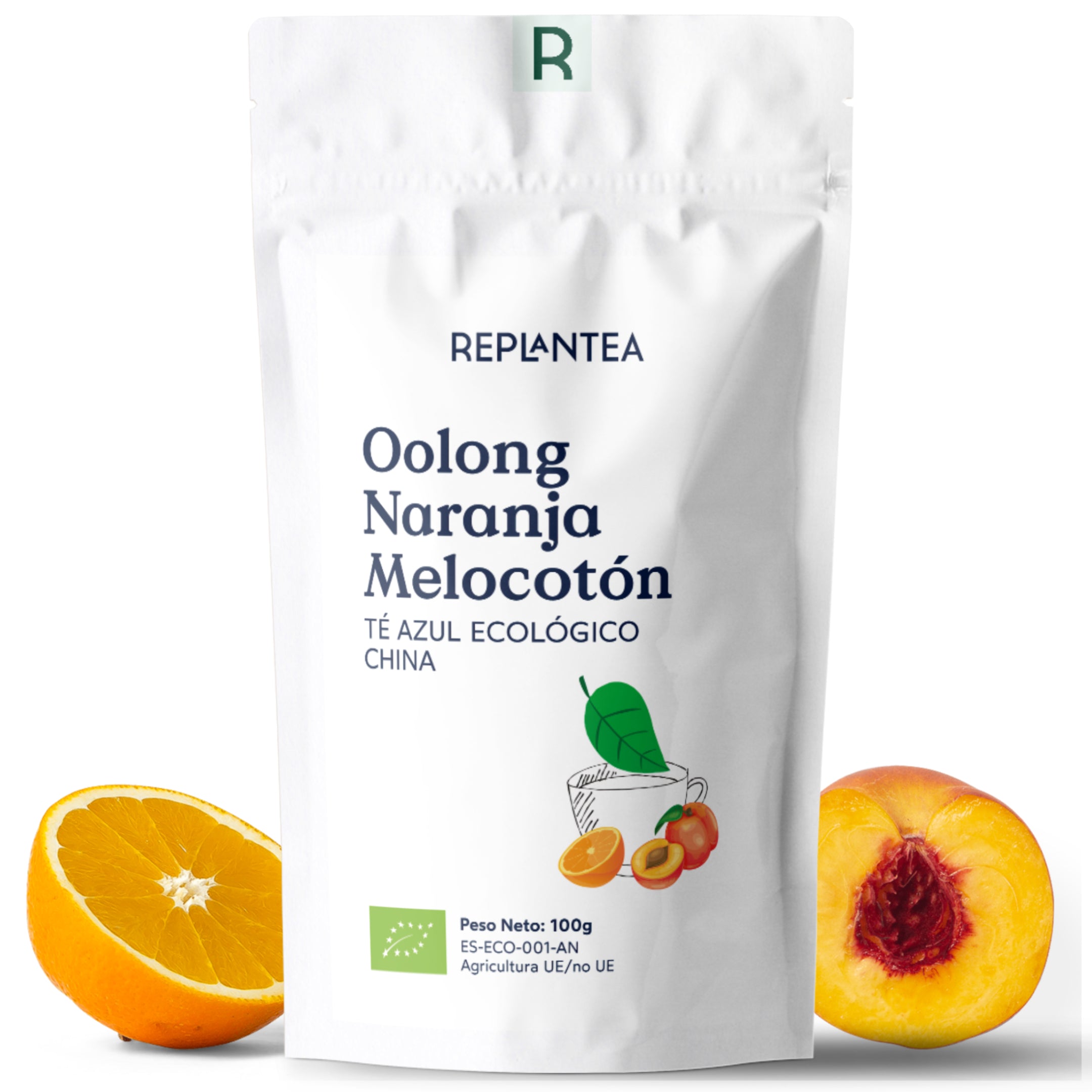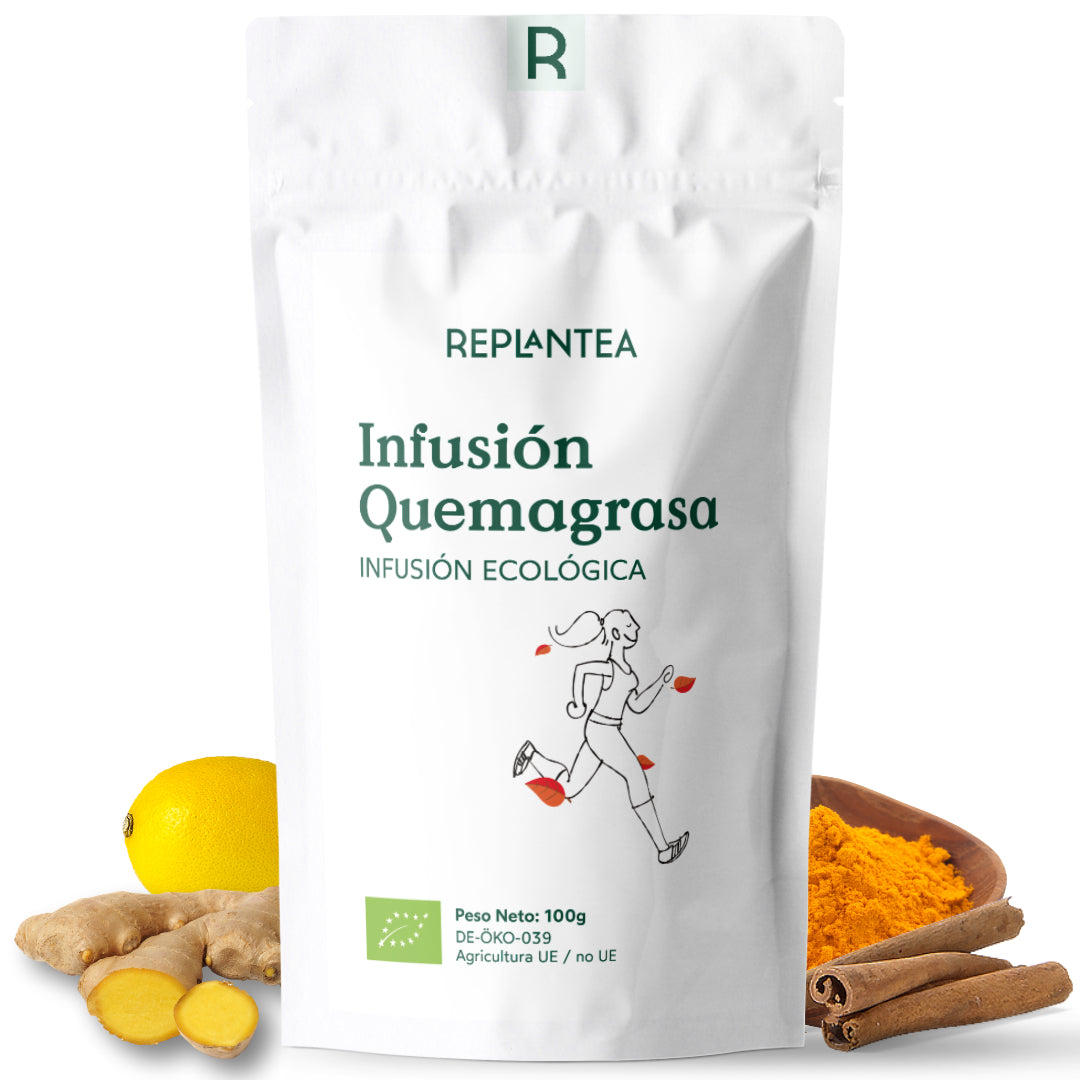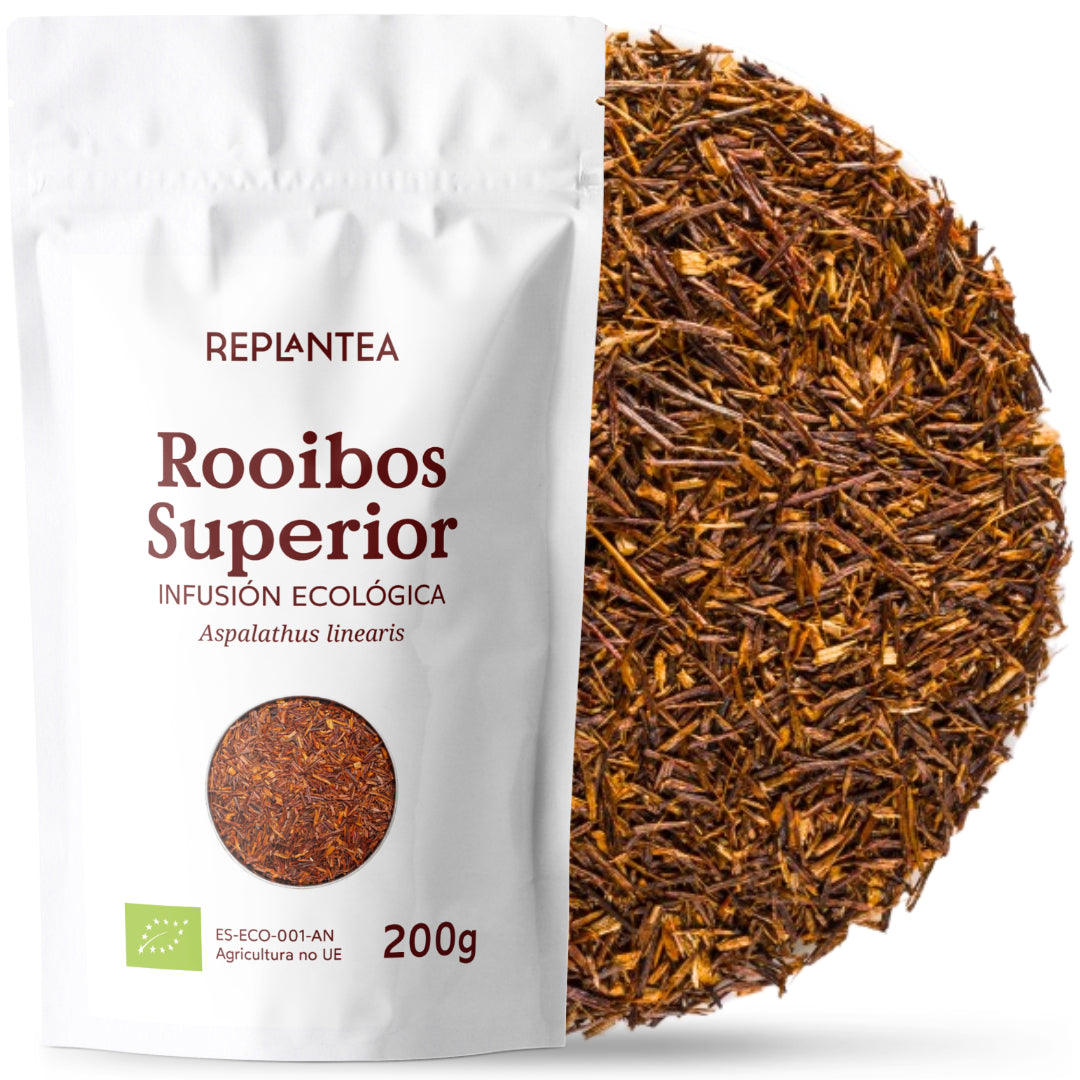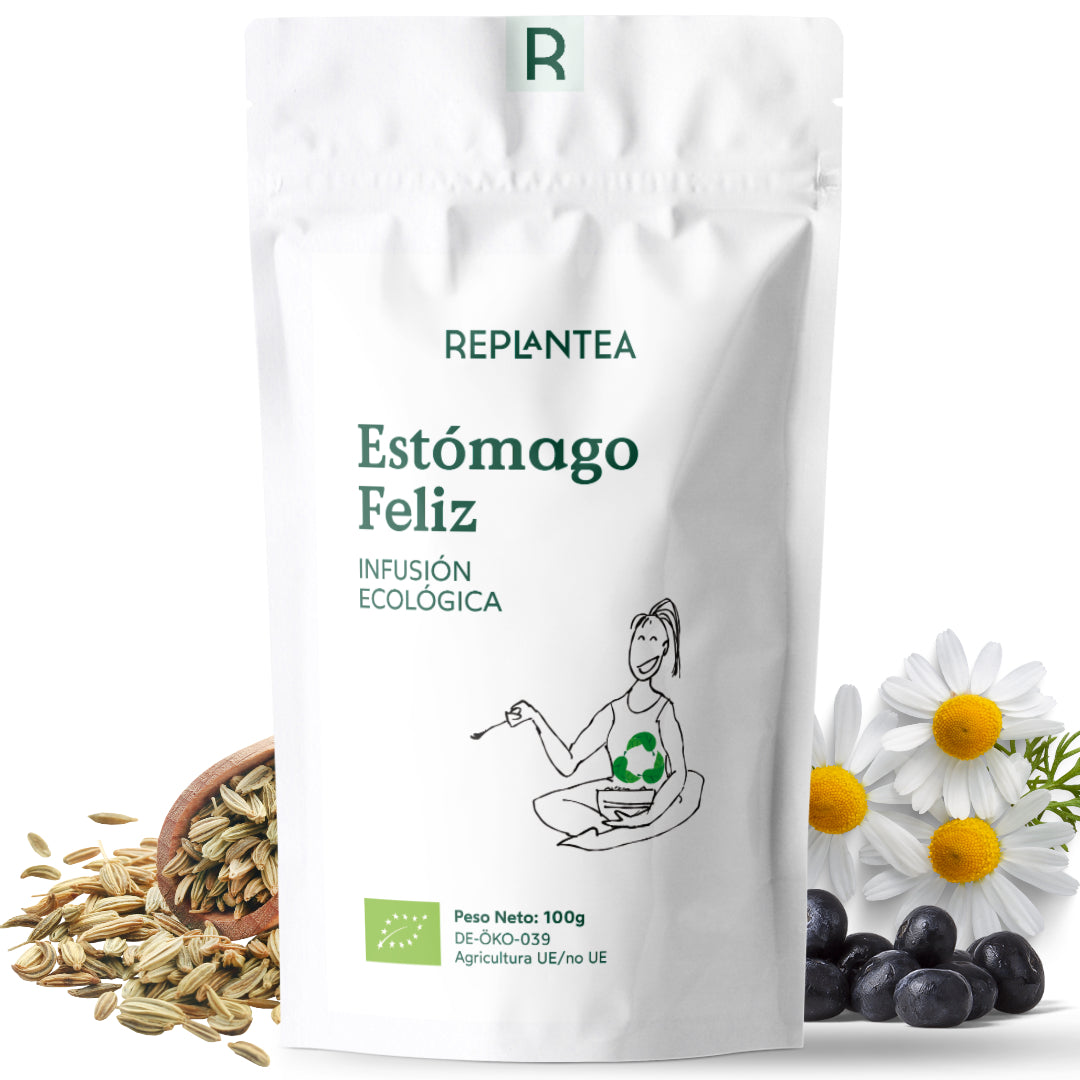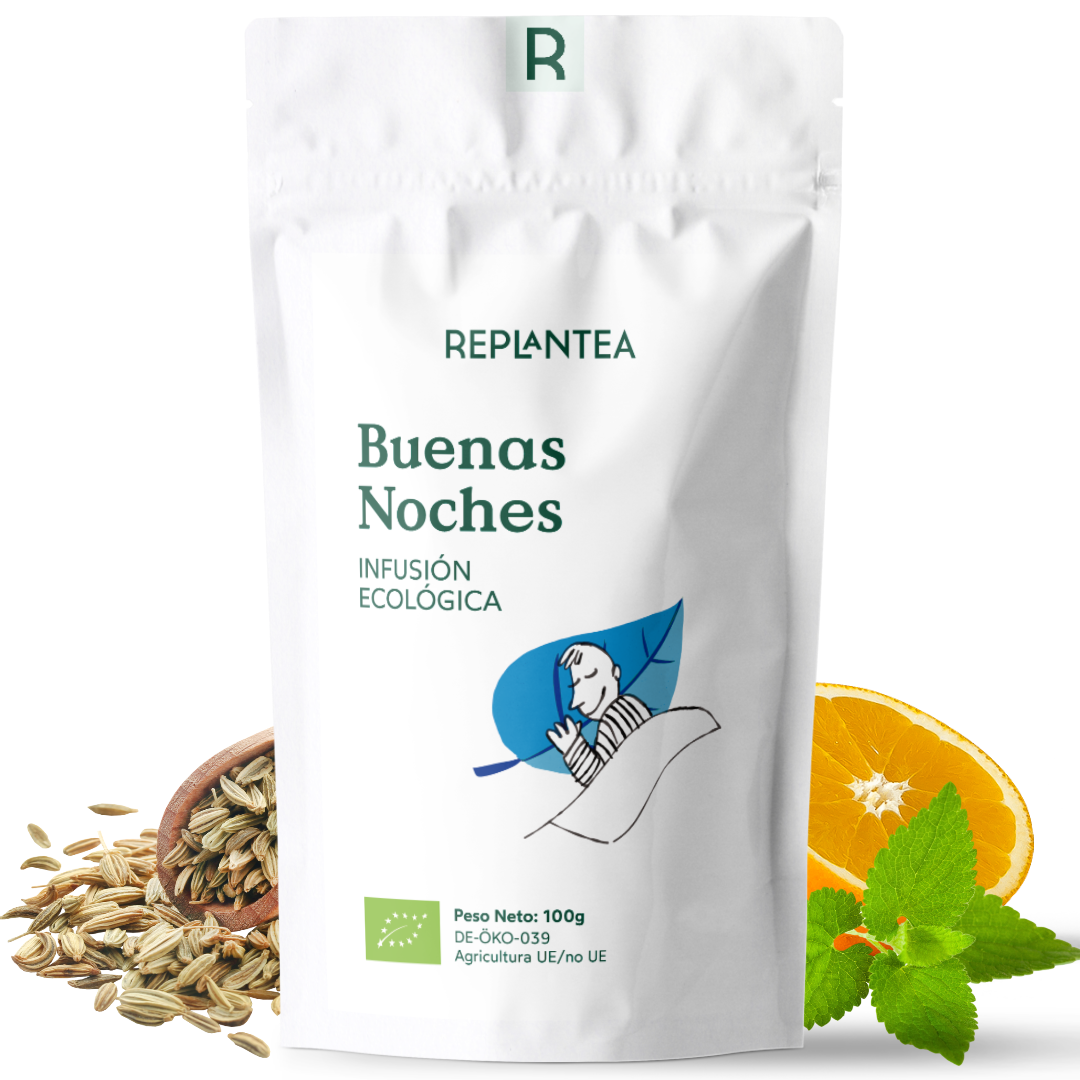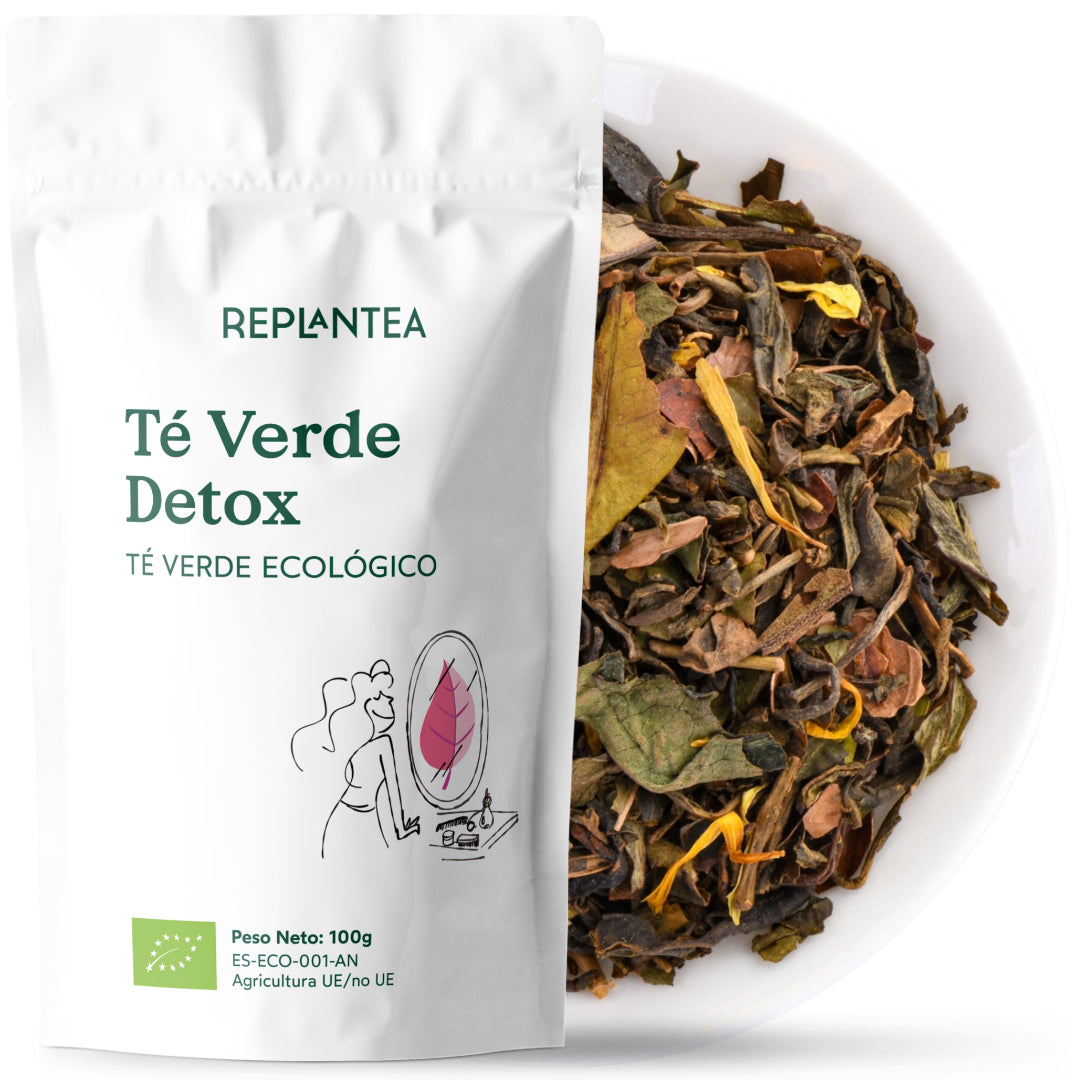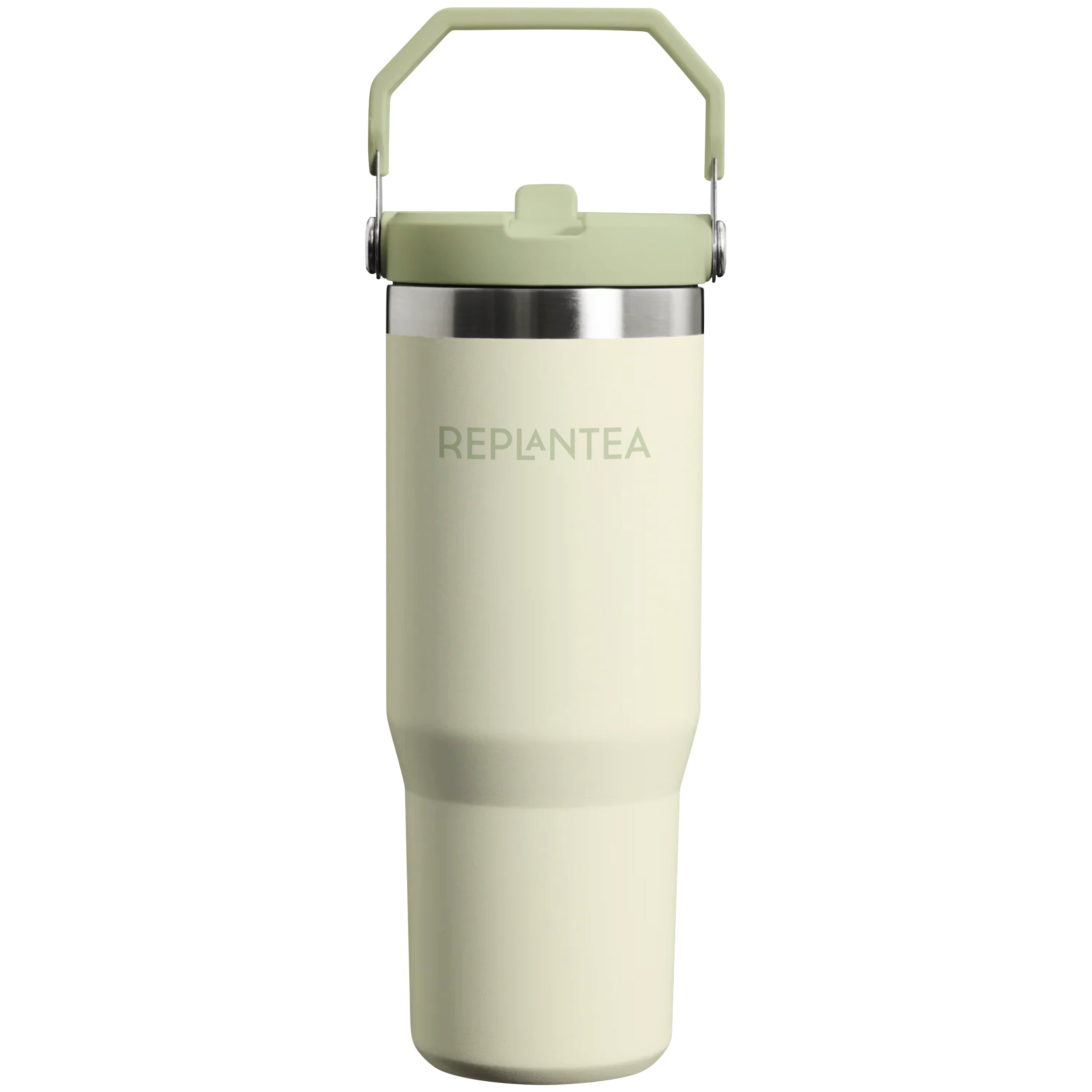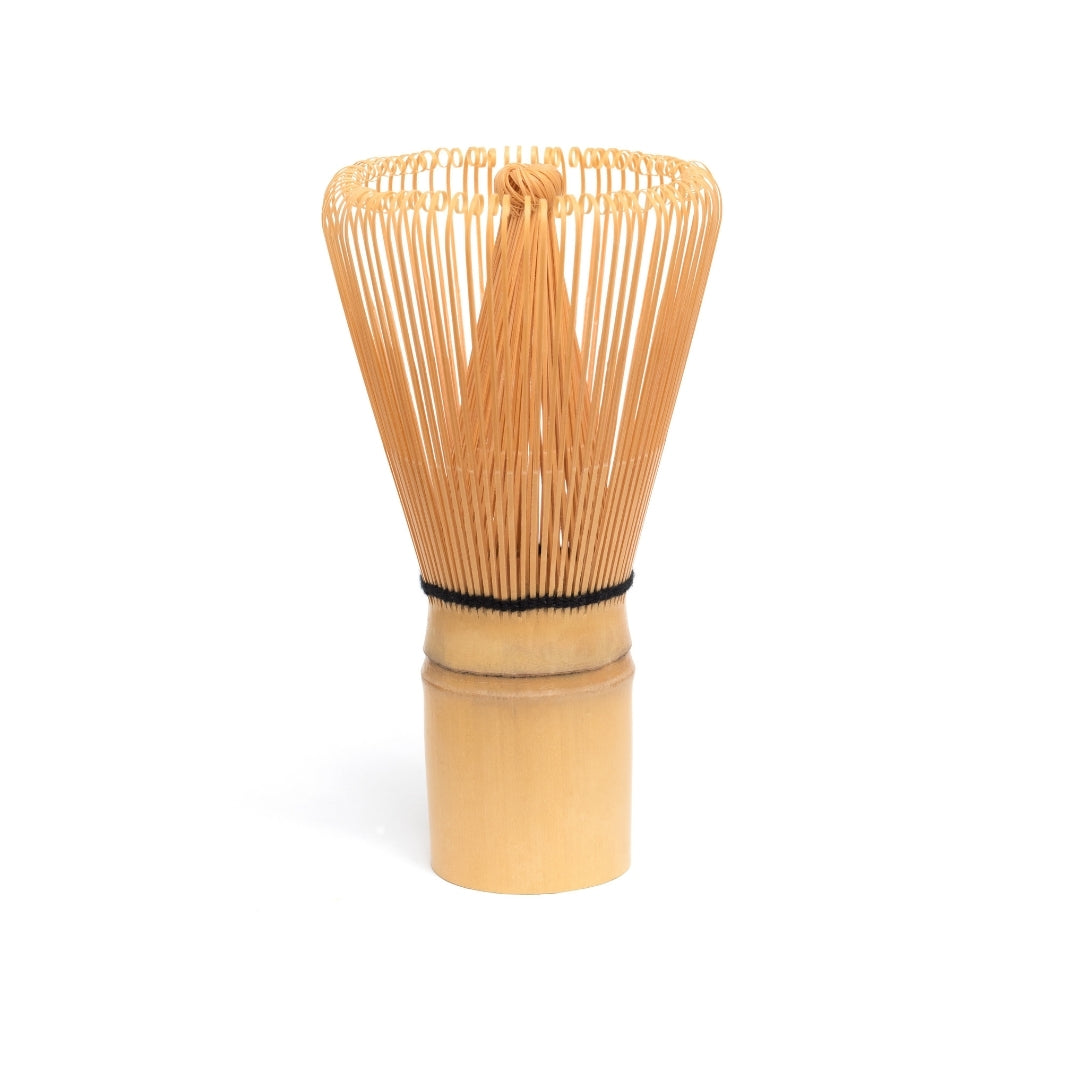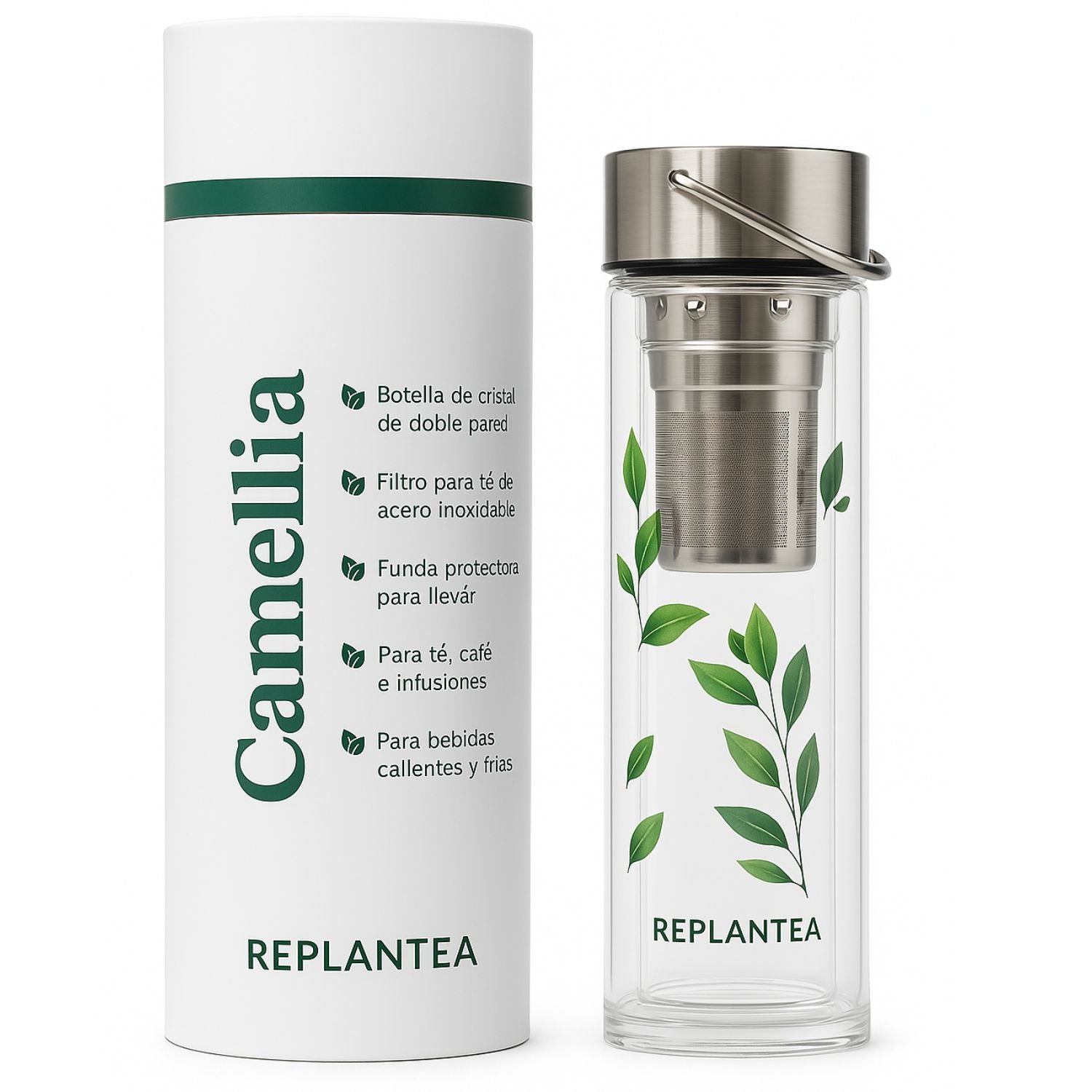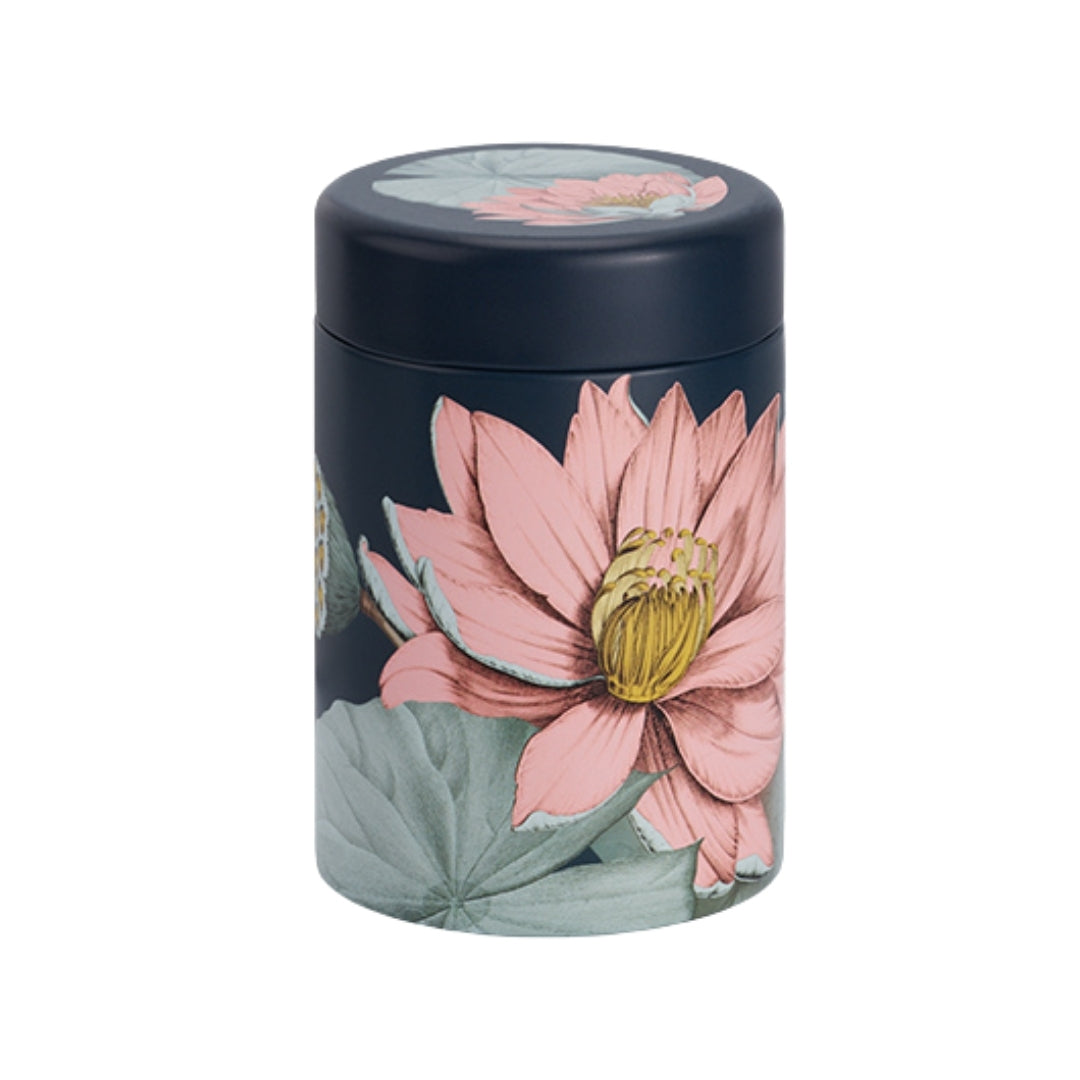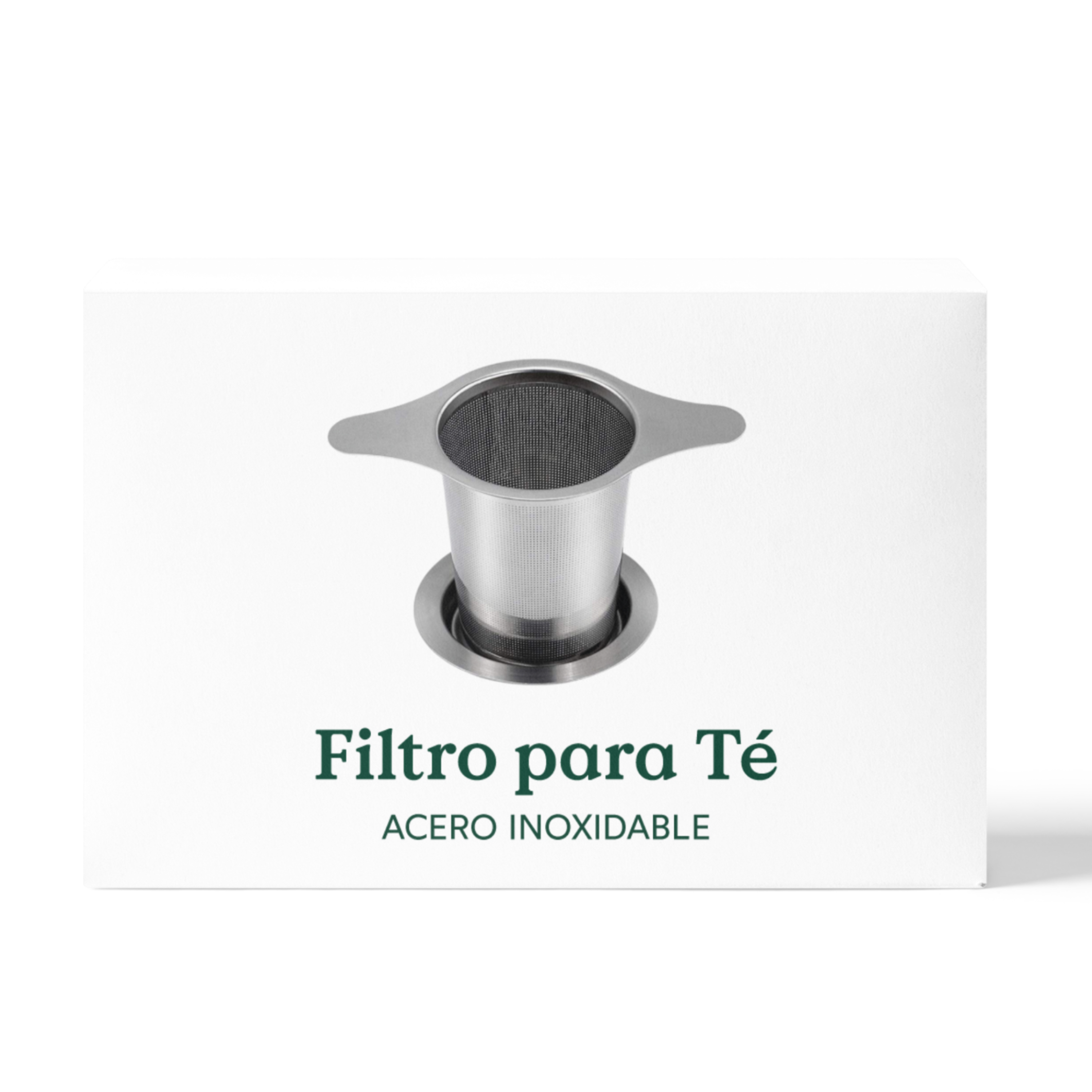
All About L-Theanine: How It Works and Its Benefits
What is L-Theanine | How does L-Theanine work ? | Benefits of L-Theanine | Contraindications of L-Theanine
Why are the effects of coffee different from those of tea? Along with its high antioxidant content and lower caffeine content, L-theanine is what truly differentiates tea from coffee. Scientists have studied this amino acid for its effects on concentration, stress, brain health, immune function, and sleep.
In this article, you'll learn how L-Theanine works, what science says about its effects, and how to use it to improve your health.

What is L-Theanine?
L-theanine is a naturally occurring amino acid, first discovered in green tea in 1949 by Japanese researchers. You may know amino acids as the building blocks of life, but L-theanine is a very rare amino acid. In fact, it is only known to occur in two species: the tea plant ( Camellia sinensis) and the Boletus badius mushroom.
Dried tea leaves contain approximately 1% to 2% of their weight in L-Theanine, which contributes the characteristic umami flavor to tea.
Which teas contain the most L-Theanine?
Shade-grown teas, such as those used to produce Japanese matcha or Chinese Dragon Well Lung Ching tea , may contain more L-theanine than other varieties. Furthermore, research has found that the quality and price of tea are closely related to its L-theanine content.
Finally, L-theanine is also available in supplement form. However, keep in mind that many supplement manufacturers use chemical synthesis or bacterial production to keep production costs down.
RELATED INFORMATION
How does L-Theanine work?
When you drink tea or take L-theanine orally as a supplement, it is absorbed through the intestines, circulates in the bloodstream, and crosses the blood-brain barrier. Researchers believe that many of L-theanine's effects are due to its structural similarities to L-glutamine, a common amino acid, and glutamate, a neurotransmitter.
Although the evidence is preliminary, studies suggest that L-Theanine may:
- Support higher brain levels of serotonin, dopamine, and GABA.
- Act as an antioxidant.
- Inhibit the "excitatory" neurotransmitter glutamate.
And you might ask yourself, How does this affect my health? Through the following benefits.
5 Amazing Health Benefits of L-Theanine
- Supports brain health
- Contributes to healthy immune function
- It can help you sleep better
- Promotes concentration and mental clarity
- Blood pressure control
1. Supports brain health
Keep in mind that, unlike most supplements, L-theanine crosses the blood-brain barrier, producing the following brain health benefits:
- Growth and repair of nerve cells.
- Increased levels of nitric oxide, which protects neurons and stabilizes neurotransmitter levels.
- Antineurotoxic effect.
- Reduction of the effects of glutamate, a neurotransmitter associated with anxiety and brain cell death.
2. Contributes to healthy immune function
Some research suggests that L-theanine may improve the functioning of the body's immune system. A study published in the journal Beverages found that L-theanine may help reduce upper respiratory tract infections. Another found that the antioxidant catechins in green tea and theanine may be effective in preventing the flu.
Another study found that L-Theanine may support the body's natural anti-inflammatory response, which could be helpful for people with asthma.
3. It can help you sleep better
Drinking a cup of hot tea can help you feel calm, and research suggests that it not only relaxes the mind, but also does so without causing insomnia.
In a review of five randomized controlled trials involving 104 participants, four trials linked L-theanine to reducing stress and anxiety in people experiencing stressful situations. Other trials suggest that L-theanine may contribute to improved sleep quality in older adults.
4. Promotes concentration and mental clarity
Research suggests that L-theanine is the secret ingredient that makes the theine in tea behave differently than that in coffee. In other words, L-theanine has a direct impact on the effects of theine.
For example, one study found that because caffeine is stimulating and L-theanine is calming, they partially counteract each other's effects. Moreover, especially at high doses, theine and L-theanine may work together to boost cognitive performance better than either caffeine alone.
RELATED INFORMATION
5. Blood pressure control
L-Theanine may be beneficial for those who experience increased blood pressure in stressful situations.
One study found that people who routinely experienced a rise in blood pressure after specific mental tasks found that L-Theanine helped reduce the rise in blood pressure.
In the same study, researchers found that caffeine had a similar but less beneficial effect.
How to take L-Theanine?
If you want to try L-theanine, you have two options: teas like white tea, green tea, or black tea, or supplements. Tea typically contains between 1 and 2% L-theanine by dry weight, meaning a 3-gram teaspoon should have between 30 and 60 milligrams.
Steeping the tea longer and hotter can extract the L-theanine more effectively, but it can make the tea taste bitter, so we don't recommend it. If you want to extract more L-theanine from your teas, you can re-infuse the tea, as explained in our guide on Re-Infusing Loose Tea .
If you choose to take L-theanine supplements, keep in mind that without the combination of L-theanine and theine found in tea, the supplements won't have the same effects on concentration. Nor will they offer all the other benefits of drinking tea.

Contraindications of L-Theanine
There are no confirmed or direct side effects from consuming L-theanine. In general, it's safe to drink teas and take supplements containing L-theanine.
However, be sure to pay attention to your tea consumption. If you're not used to it, drinking too much tea can cause stomach upset, nausea, or nervousness due to the excess caffeine.
And if you're currently taking medication, consult your doctor before adding L-theanine to your daily regimen.
Share

